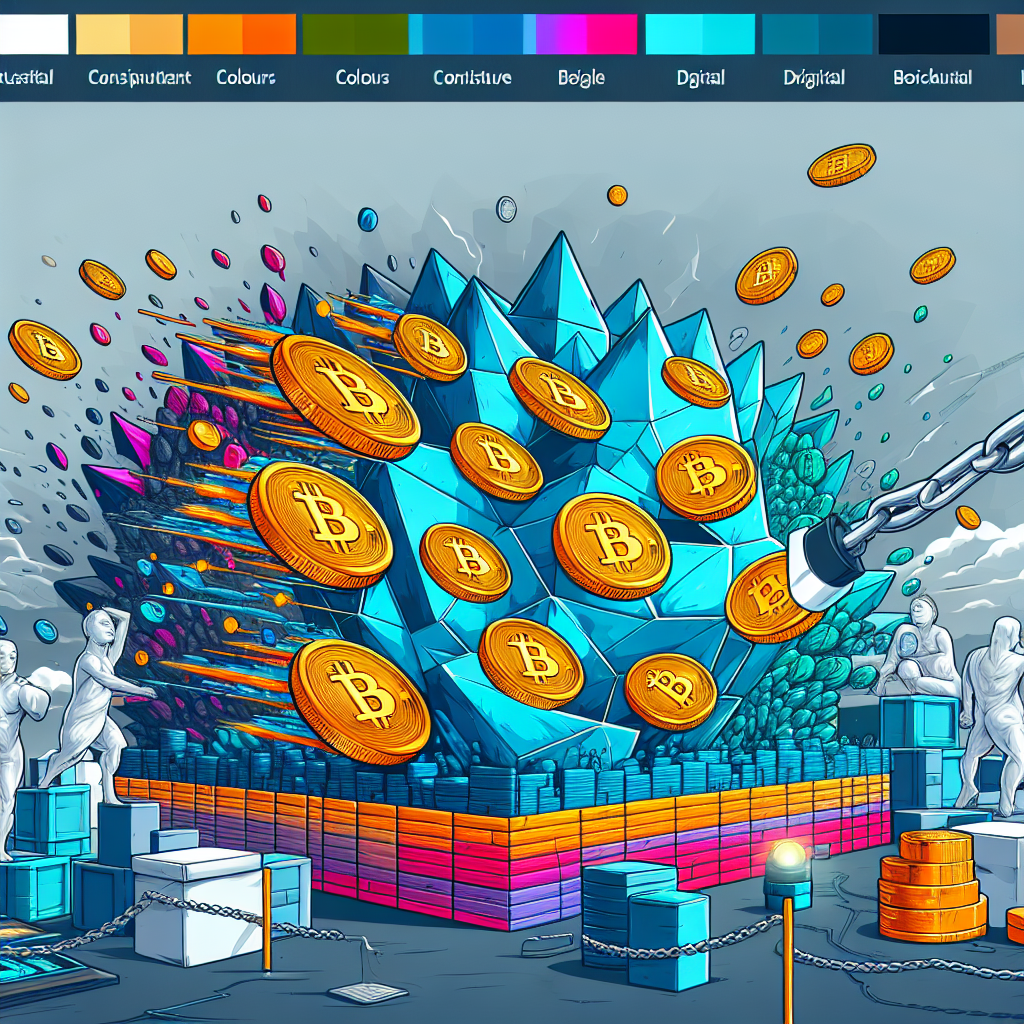Forming a loyalty bridge between artists and fans through Web3 technologies in live events could remake the music landscape, according to Dave Stewart, a member of pop-rock duo Eurythmics.
Web3, the decentralized internet, could revolutionize the music industry by integrating live events, according to Dave Stewart, the co-founder of the prominent pop-rock duo Eurythmics. Stewart suggests that Web3’s blockchain technologies will build a new kind of relationship between the artists and their followers.
Shaping a New Music Industry
According to Stewart, the music industry has been caught up in an economic model that predominantly benefits intermediaries rather than creators. The rise of streaming services has only cemented this dynamic, with artists receiving a pitiful payoff for their work. However, Stewart believes that Web3 technology could disrupt this model.
Revolution through Decentralization
Web3, the decentralized internet infrastructure, was built on the principle of eliminating intermediaries. Its features, including blockchain and smart contracts, could offer a new way to navigate the music industry. Through these technologies, artists could gain direct access to their fans, fostering deeper connections and removing third parties that traditionally control the platforms where music is consumed.
Beyond Streaming: The Vision of Web3
While streaming services have made music more accessible to worldwide audiences, they’re still under the control of centralized entities. Additionally, artists receive only a small fraction of the profits from these platforms. With blockchain technology, artists could take control of their music distribution. They could also establish a unique form of loyalty with their fans through Web3’s intrinsic utilities.
Integration of Live Events into Web3
Stewart states that the key to unlocking Web3’s potential in the music industry lies in live events. To this end, he has been working with blockchain companies to integrate real-world events into the decentralized digital realm. Stewart envisions a creative and mutually beneficial environment where artists can offer unique experiences and rewards to their fans through tokenized systems.
Challenges and Possibilities
Although the transition to a new business model poses challenges, Stewart remains optimistic. He acknowledges that certain structural changes will need to occur, such as the way royalties are processed. However, he believes that the creation of a token economy within the music industry could solve these issues, creating a fair and transparent system where artists are properly valued for their work.
Conclusion
As the world continues to digitize, the music industry is in a prime position to benefit from the advantages of Web3 technology. By providing a direct connection between artists and fans, and integrating live events into the decentralized digital landscape, Web3 has the potential to revolutionize the way we consume and experience music.






